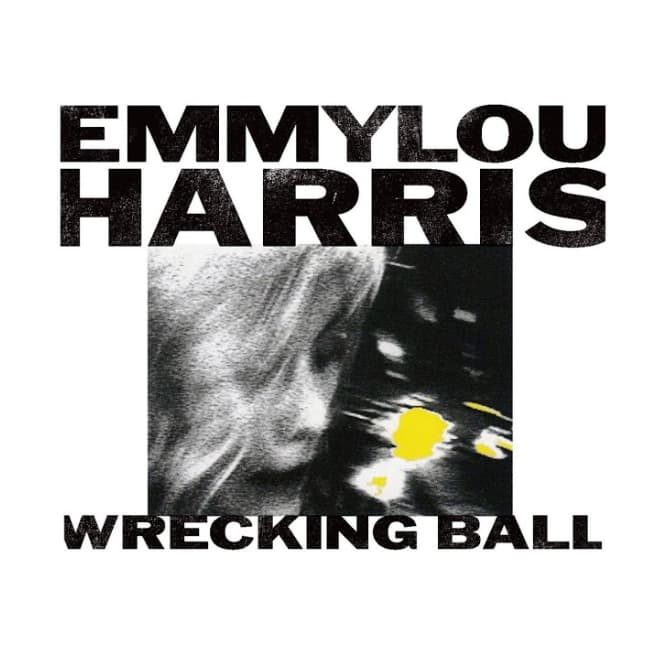
Where Sorrow Meets Redemption: A Hymn for the Soul’s Release
When Emmylou Harris recorded “All My Tears” for her 1995 album Wrecking Ball, she was stepping into new artistic territory—sonically daring, spiritually charged, and emotionally raw. Produced by Daniel Lanois, the album marked a luminous reinvention for Harris, fusing country’s emotional truth with the ethereal textures of ambient rock and folk. While the record itself didn’t dominate the commercial charts, it became a landmark of critical acclaim, revered for its atmospheric production and transcendent songwriting. Among its most haunting moments, “All My Tears” stands as a quiet revelation—a gospel for the disenchanted, a hymn for those standing at the edge of loss and transcendence.
Originally written by Julie Miller, the song found its most resonant interpreter in Harris, whose lifelong connection to themes of faith, death, and rebirth gave the piece a spiritual authenticity beyond genre. Harris had long carried the ache of mortality in her music, often singing as though speaking from the border between this world and the next. “All My Tears” gave that voice a perfect vessel. With its opening line—“When I go, don’t cry for me”—the song doesn’t lament death; it sanctifies it. What could have been a mournful farewell becomes instead a declaration of peace, of release from worldly pain into divine light.
Lanois’ production amplifies this mysticism: the guitar tones shimmer like light through stained glass, and the rhythm—slow, deliberate, unearthly—moves with the gravity of a prayer. Harris’s voice, tender yet unyielding, carries no fear. It is the sound of acceptance, of the human soul surrendering not in despair but in serenity. Her phrasing—delicate, reverent, and unhurried—lets every word breathe, as if each syllable were rising toward heaven.
What makes “All My Tears” unforgettable is its reconciliation of two opposing human experiences: sorrow and joy. It inhabits that sacred intersection where mourning becomes celebration, where the earthly ache of loss gives way to the spiritual freedom of redemption. Few songs achieve that balance. In the American songbook of faith and mortality—from traditional hymns to Hank Williams’ laments—this one stands apart, not for its theology, but for its grace. It speaks not of doctrine, but of release; not of fear, but of transformation.
Nearly three decades on, “All My Tears” continues to resonate with those who have known grief and found within it a strange beauty. It is a song that doesn’t simply comfort the bereaved—it blesses them. For in the quiet mercy of Emmylou Harris’s voice, death itself becomes something radiant, something finally at peace.